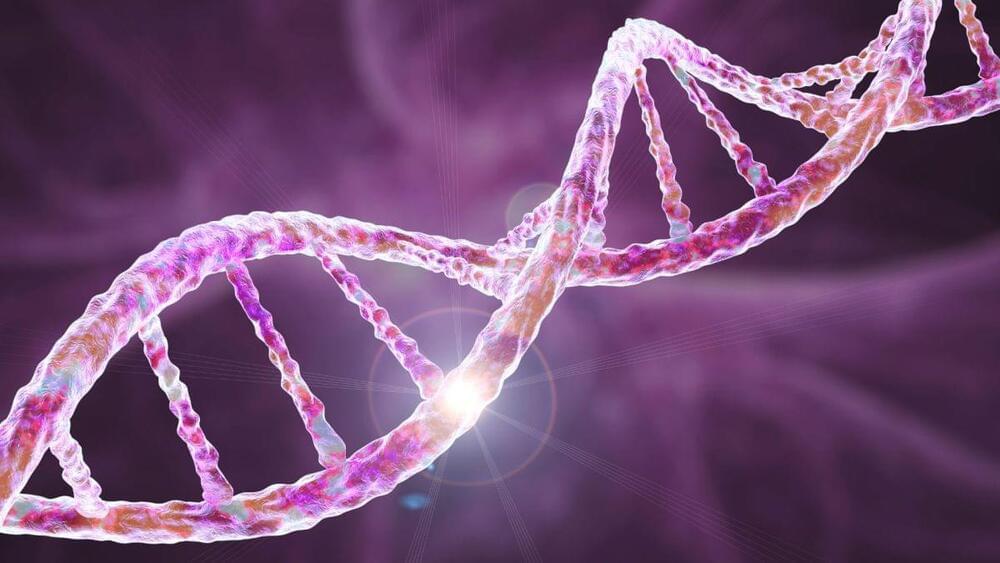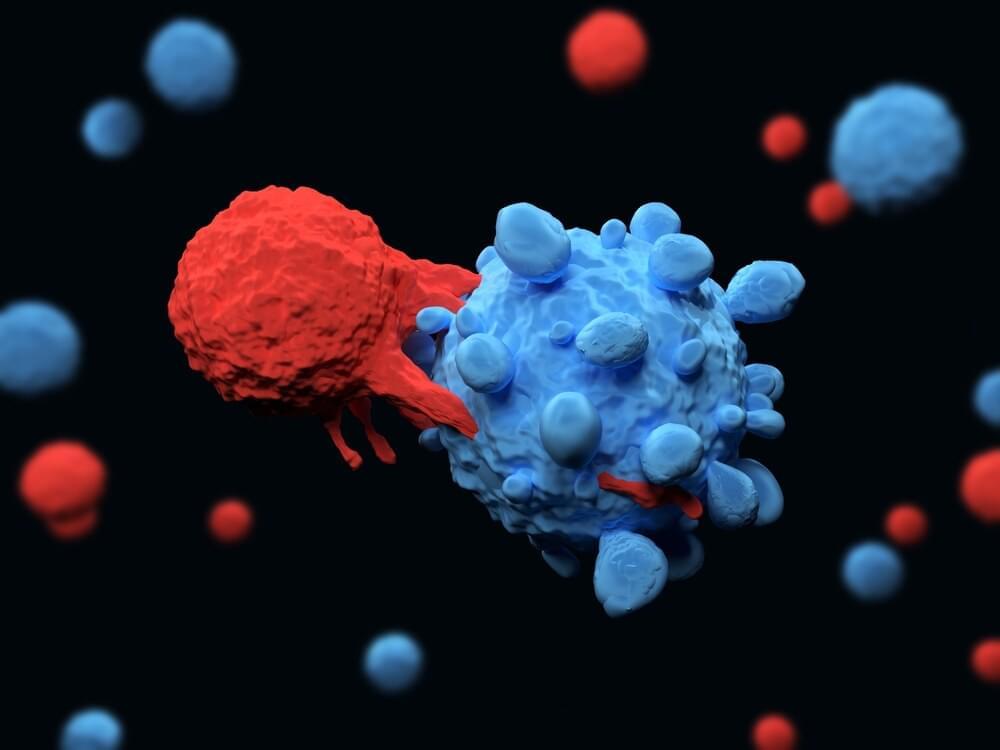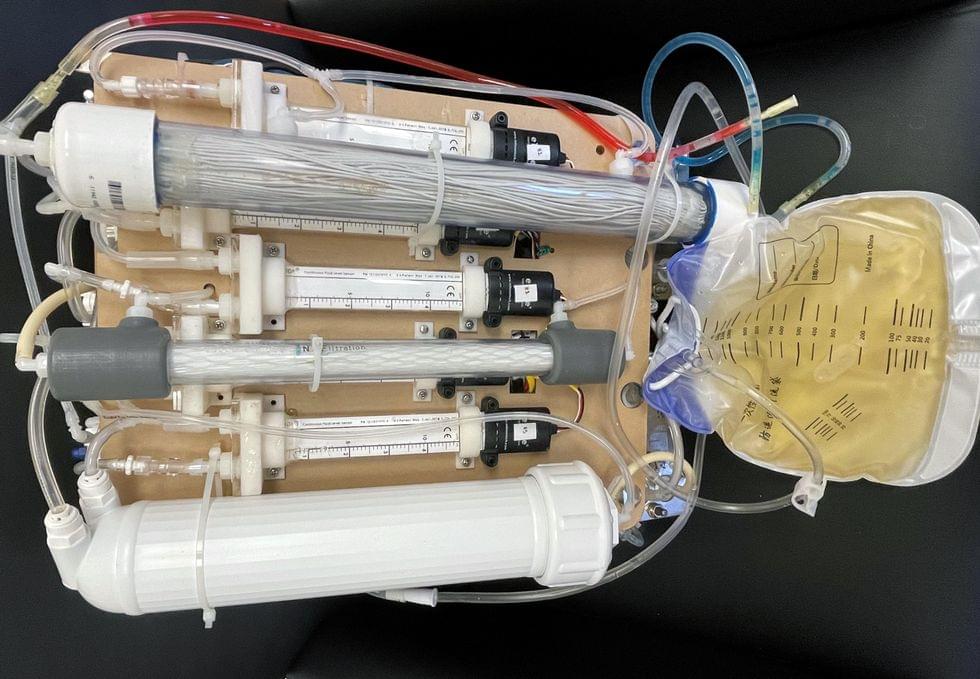In collaboration with the UC San Diego Center for Integrative Nutrition, the Berry Good Food Foundation convenes a panel of experts to discuss the rise of comprehensive medicine and nutritional healing to treat chronic disease and maintain general well-being. [6/2018] [Show ID: 33486]
Future Thought Leaders.
(https://www.uctv.tv/future-thought-leaders)
Explore More Public Affairs & Politics on UCTV
(https://www.uctv.tv/public-affairs)
Public Affairs UCTV goes beyond the headlines to explore economics, public policy, race, immigration, health policy and more. Hear directly from the researchers so you can be informed to make important decisions.
Explore More Health & Medicine on UCTV
(https://www.uctv.tv/health)
UCTV features the latest in health and medicine from University of California medical schools. Find the information you need on cancer, transplantation, obesity, disease and much more.
UCTV is the broadcast and online media platform of the University of California, featuring programming from its ten campuses, three national labs and affiliated research institutions. UCTV explores a broad spectrum of subjects for a general audience, including science, health and medicine, public affairs, humanities, arts and music, business, education, and agriculture. Launched in January 2000, UCTV embraces the core missions of the University of California — teaching, research, and public service – by providing quality, in-depth television far beyond the campus borders to inquisitive viewers around the world.
(https://www.uctv.tv)




